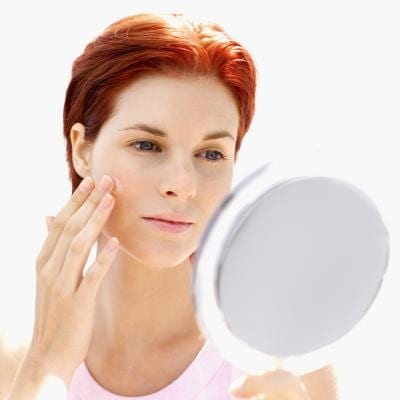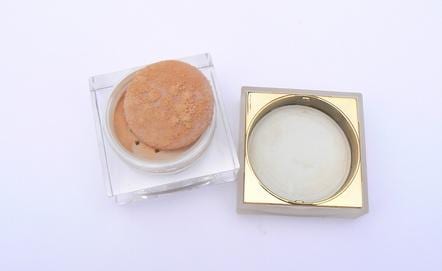Search Results for: noncomedogenic
How to Prevent Teenage Acne
While people of all ages can experience acne breakouts, this skin condition is most common in teenagers. Acne, also called pimples, zits or blemishes, is caused by the skin’s overproduction of oil in response to the hormonal changes of adolescence. Left untreated, your teenage acne may cause scarring and emotional distress, making it important to begin treatment right away.
How to Deal With Teenage Acne
During the teenage years, acne may seem like a part of life. Hormonal changes that occur during puberty cause the body to produce too much sebum, or oil. The extra sebum, along with dead skin cells, clogs pores, creating a great spot for bacteria to thrive. The bacteria forms into cysts, which can rupture to form pimples or papules. Some teenagers seem to get off easy and only suffer the occasional pimple, while others may have acne all over their faces, necks and backs. Acne usually goes away with the proper care and treatment.
Ways to Prevent Acne Breakouts
Contrary to certain myths, acne is not caused by eating chocolate or drinking sodas. Acne is caused by the production of oil by skin glands. The oil is called sebum and it can be produced in excess by hormones. The hormones that cause the physical changes of puberty are the hormones that affect the skin glands, which are called the sebaceous glands. Excess oil, along with dead skin cells, can plug the openings in the skin through which the hair shafts protrude, resulting in acne.
The Best Acne Face Wash for Dry Skin
You may think that acne is only a problem with people with oily skin. Unfortunately, you can still suffer from acne even if you have the driest of skin. Using a cleanser designed for a person with normal or oily skin may only make your problem worse by irritating your face. Skip cleansers that contain benzoyl peroxide. Even though it is effective at treating acne, it can make your dry skin dryer and cause burning and stinging, according to the Mayo Clinic.
Best Skin-Care Products for Oily Skin
You may have thought your oily skin woes would clear up as you aged. Unfortunately for some women, oily skin can be a lifelong condition, starting in puberty and continuing on through menopause. Everyone produces sebum in their glands. Sebum can protect your skin by keeping it moisturized. Some people are born with genes that make them produce excess sebum, resulting in oily skin. Changes in your hormone levels, such as during your period or when you are pregnant, can also lead to oily skin.




